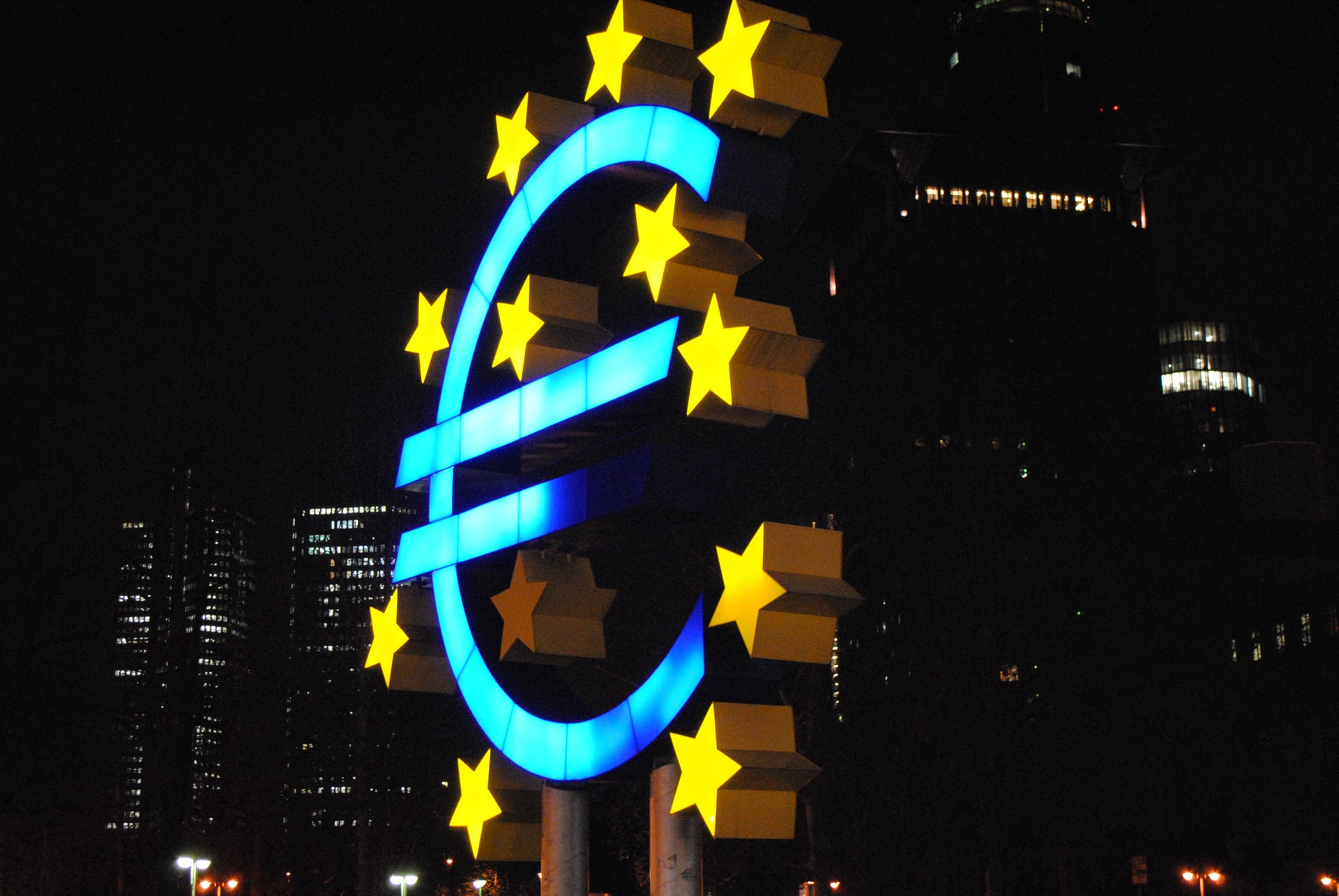
Key takeaways:
- The European Commission is working on a digital euro bill, which could be finalized by early next year
- EU officials are looking to complement existing physical money with digital euro, and not replace it
- China and India are leaders in the central bank digital currency (CBDC) space
Digital euro legislation likely coming in early 2023
Following the recent development surrounding the digital rupee, and the Fed’s whitepaper on a USD-based central bank digital currency (CBDC), Politico is now reporting that the European Union officials are preparing legislation on blockchain-powered digital euro.
CBDCs are digital currencies, similar to Bitcoin or Ethereum in their underlying blockchain technology. However, rather than being issued by a private entity or being produced by an autonomous algorithm, they are issued by central banks, in the same way as fiat currencies are produced. In practice, they most closely resemble existing stablecoins like Tether and USD Coin, since their value is pegged to the value of national currencies.
Per Politico, the European Commission will be proposing a digital euro bill as early as next year. The legislative efforts seem to be closely aligned with the European Central Bank (ECB), which is currently in the process of experimenting with the new digital currency. Before it can come into effect, the digital euro bill will have to be ratified by the European Parliament, and each individual member state.
“Our goal is to table legislation in early 2023. A targeted legislative consultation in the coming weeks,” stated EU finance chief Mairead McGuinness on Wednesday, at the annual Fintech and Regulation Conference held in Brussels.
If the ECB deems the digital euro viable, and the CBDC overcomes all legislative obstacles, and there are many, the digital currency could be ready for widespread adoption as early as 2025.
According to an executive at the ECB, Fabio Panetta, the central bank is not seeking to replace banknotes and coins that are already in circulation, but rather “complement” them with a digital euro.
The European Union is a bit late to the CBDC party. Beijing has been working on a digital yuan since 2014 and their currency has already seen limited use in real-life scenarios, such as at this year’s Winter Olympics. India is also fast-tracking its CBDC development and aims to start issuing digital rupee as soon as by the end of 2022.



